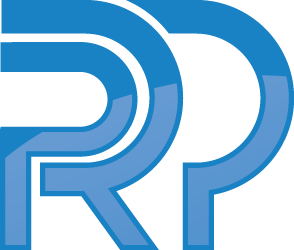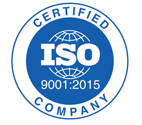
It’s the piece of paper that you never want to see come across your desk. You’ve received a warning letter or an FDA 483 and you’re now being faced with a remediation on top of handling your already tenuous daily workflow. Regardless of whether or not you and your team have been through this before, it can always feel a bit overwhelming.
Like any major task, the most difficult part is often getting started. But when you’re coming to the starting line with a plan in place, it can often feel much easier and much less stressful. Below are some best practice tips for how to approach a remediation with confidence.
Plan Ahead:
Like anything else in life, having a plan in place for when something goes wrong can help make the clean-up process easier. Whether this is your first remediation or you’ve been through it before, creating a remediation strategy, process flow, or toolkit made up ahead of time can help you get started quicker. Time is of the essence when responding to a warning letter or FDA 483. Having a plan in place ahead of time will allow cooler heads to prevail and set the project off on the right foot quickly. Don’t wait for the warning letter to come to you! Be proactive and plan for a remediation ahead of time when you are calm and have time to devote to creating a thorough plan.
Get Organized:
Whether or not you’ve planned ahead for your remediation project, you’ll need to organize the job ahead and inventory the resources at your disposal. The key to a successful remediation strategy is to first determine exactly what tasks need to be executed during the length of the entire process. Remediations can last anywhere from several months or more depending on consultant, experience, and extent of the project.
Next you should inventory your resources, in particular your current quality and compliance consultants. Do you have consultants on hand who you are able to devote exclusively to this project for an extended length of time? Who will cover their regular roles during the time they are devoting to the remediation? Do you have quality and compliance team members who have prior experience in remediation? A trusted, experienced, and efficient quality and compliance team can be the difference between a quick and easy response or an extended project that feels as if it will never end.
Hire the Right Consultants:
When considering whether or not to bring in external resources for your remediation project it is important to look at your current quality or compliance consultant’s workload and strengths. Adding extra duties to a consultant already working at or near capacity can cause overwork, stress, and even turnover when you can least afford it.
External quality or compliance consultants can provide a fresh perspective and real experience that your current quality and compliance consultants might not be able to provide while maintaining their day-to-day duties. And by hiring external quality consultant, you have the unique ability to specifically select specialties, experience level, and even the pay rate that you need for your remediation project to run efficiently and on budget.
Finding the perfect candidates does not need to be a chore. By developing a relationship with an experienced consultancy agency before or even in the early stages of your remediation project can help you get your project moving forward quickly and easily.
At PRP, our consulting team is knowledgeable and experienced in finding you the best possible candidate quickly so you can spend your valuable time focusing on your project and not the hiring process. Click here to receive access to our database of exceptional quality consultants so you can find the perfect candidate right away. Or if you would prefer us to do the searching, click here to schedule your free consultation.




